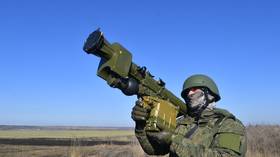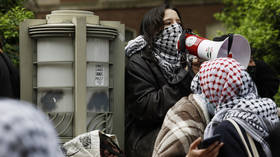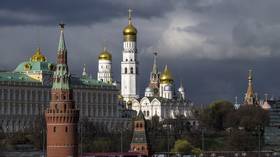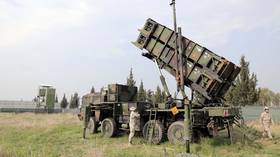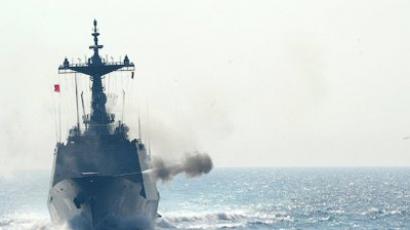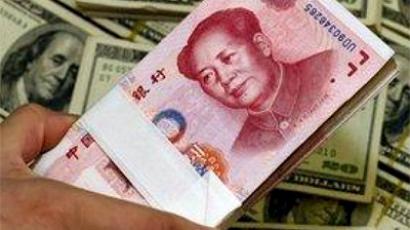China expects respect after US naval shift
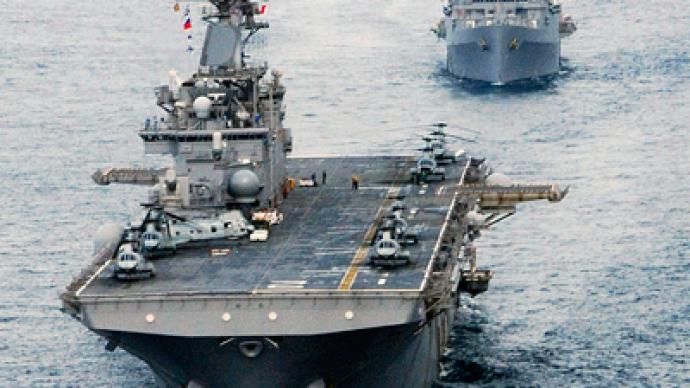
China has expressed mild concerns with the American plans to shift most of its warships to the Pacific region by 2020. Beijing called on to Washington to respect the interests of all sides in the Asia-Pacific, including that of China.
Chinese Foreign Ministry spokesperson Liu Weimin said that the Asia-Pacific is the region where Chinese and the US interests overlap the most, so China expects Washington to play “a constructive role in the region.”"We also hope that the United States will respect the interests and concerns of all sides in the Asia-Pacific, including China,” Chinese diplomat said. This statement has become the first official reaction from Beijing to America’s new plans for the South-Pacific voiced earlier.On Saturday the US Defense Secretary Leon Panetta revealed Pentagon’s plans to reposition its naval power so that up to 60 per cent of its warships would be deployed in the Asia-Pacific by the end of the decade from the current 50 per cent now.Attending a security conference in Singapore Leon Panetta delivered a speech about the US-China relations. He says neither side has illusion about the complexity of these relations."We both understand the differences we have, we both understand the conflicts we have, but we also both understand that there really is no other alternative but for both of us to engage and to improve our communications and to improve our (military) relationship," Panetta said.The US Defense Secretary attempted to soothe Chinese concerns, saying “Our effort to renew and intensify our involvement in Asia is fully compatible… with the development and growth of China. Indeed, increased US involvement in this region will benefit China as it advances our shared security and prosperity for the future.”The fast-growing Chinese Navy has made China’s neighbors to look for another power to counterbalance Chinese might in the region. The reason is a number of territorial disputes over islands in the South China Sea that China has with many countries, including claims from Taiwan, Vietnam, Malaysia, Singapore, Brunei and the Philippines.That is what pushed Panetta into a nine-day trip through Asia.While in Hanoi, Panetta made a sensational statement, asking for permission so that Vietnamese ports could be used by the US Navy. The last time the Americans used naval facilities in the country was during the Vietnam War.The Kamran deepwater port Panetta was specifically talking about was also used by the Soviet/Russian Navy from 1979 till 2001. The base was shut down due to economic reasons. Hanoi has said more than once it is ready to welcome a Russian base of supply back to Kamran.While Moscow is in deep thought about the proposal Washington is apparently trying to take the initiative and make a proposal to Hanoi, a move that might aggravate its relations with Beijing even more.Nevertheless, China has been extremely accurate commenting on the issue. Beijing insists that all sides should strive to preserve and promote regional peace, stability and development. “The approach of artificially stressing military security, enhancing military deployments and strengthening military alliances is out of keeping with the times," Chinese diplomat said answering a question on the announced US plans.“Washington has been consistent in making these policies since the Obama administration adopted the ‘return to Asia’ policy,” confirmed a professor at the City University of Hong Kong, Pak Nung Wong, to RT. “The South China Sea is a very important strategic location connecting the oil and other commercial shipping routes from the Middle East and East Asia.”“The South China Sea is a major irritant between China and South Asian countries (because of the territorial claims). These countries would like to invite the US into the arena so that they could have more bargaining chips against China.”As of now the US Navy has a fleet of 282 ships, evenly shared between east and west coasts of the country. Within the next two years the number of ships will fall to 276 due to decommissioning. Still, the Pentagon expects to have 300 warships by the end of this decade according to a 30-year projection plan released in March.Among these ships are 11 aircraft carriers. Six of them are deployed to the Pacific, but the USS Enterprise is going to be decommissioned soon. In 2015 it will be replaced with the USS Gerald R. Ford.


